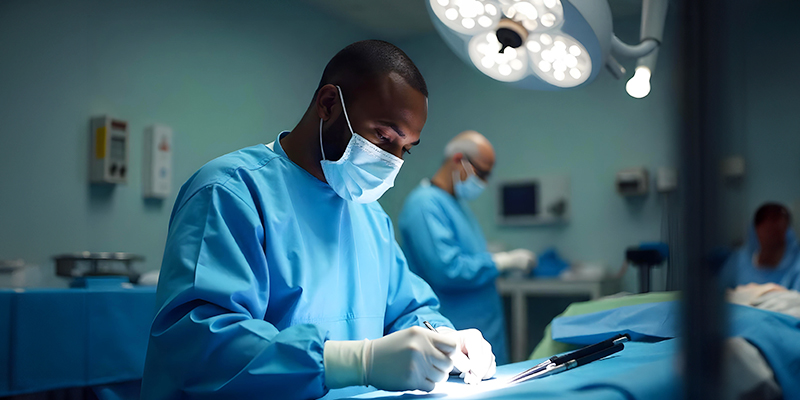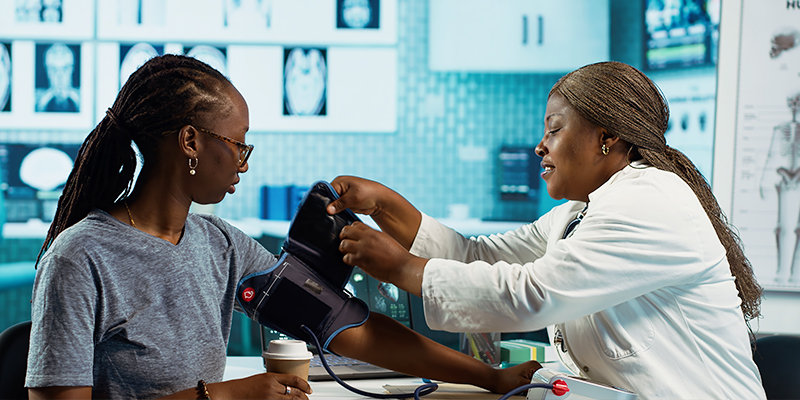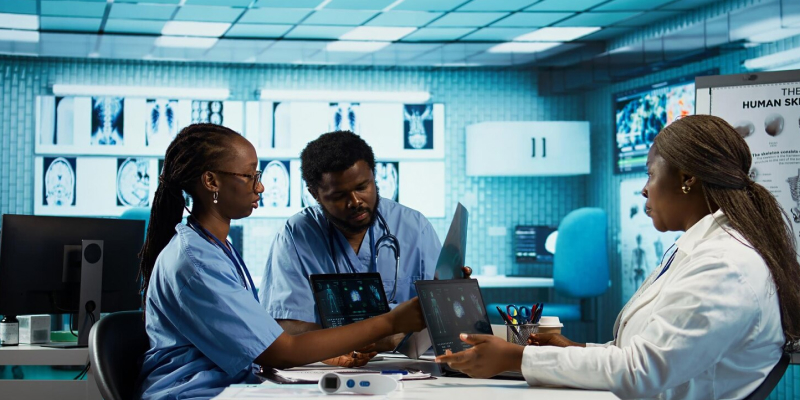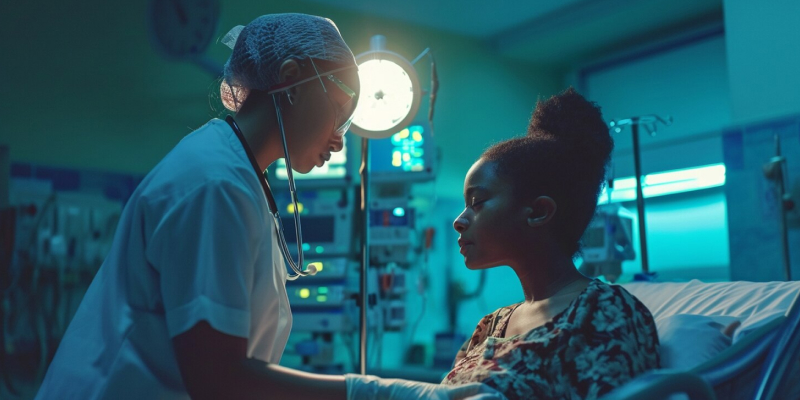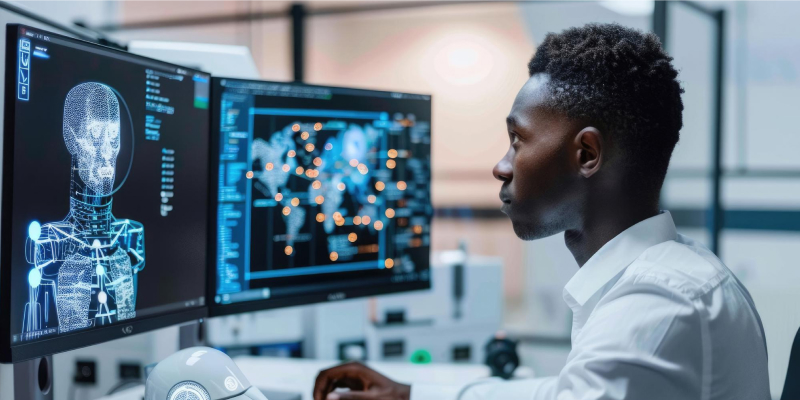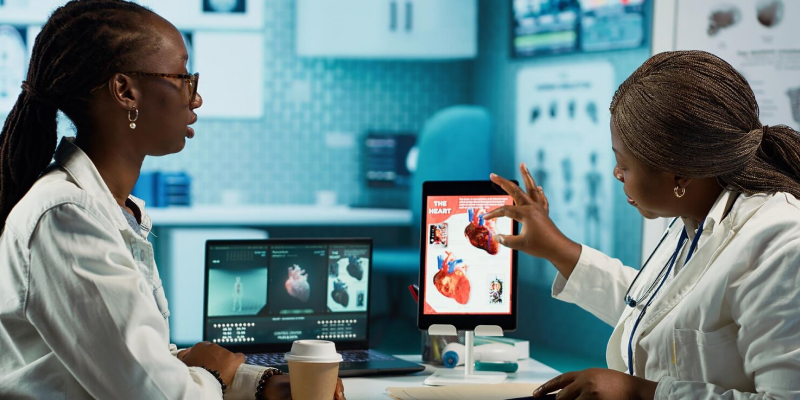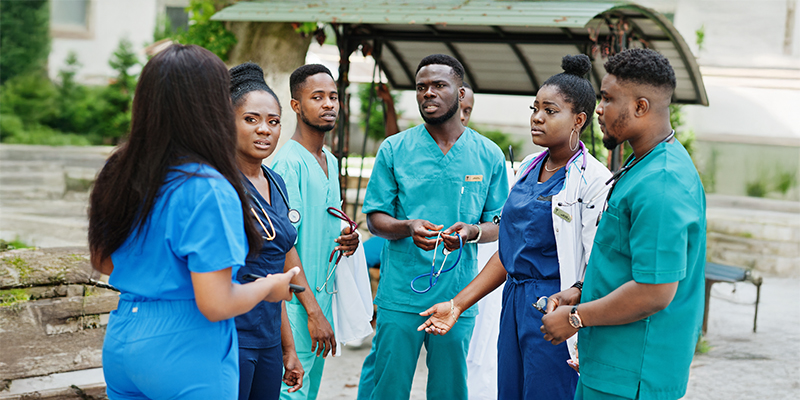Cerebrovascular accident (CVA), commonly known as stroke, is a medical emergency in which blood supply to the brain is shortly interrupted. It usually occurs due to either a ruptured blood vessel or a blockage. The restricted blood flow affects the oxygen supply to the affected area, which further leads to the death of millions of brain cells during the stroke. The damage done by a stroke depends on several factors like the part affected and the total duration of stroke episode. For example, if a brain part associated with important functions like body control or physical movement is affected, post-stroke complications such as partial immobility and paralysis may arise. Therefore, immediate medical attention must be sought in case of a stroke episode to increase the recovery rate and limit brain damage.
Risk Factors
There are many risk factors for having a stroke like:
- Diabetes
- Sedentary lifestyle
- Excessive tobacco or alcohol consumption
- Hypertension
- Existing heart disease
- High cholesterol levels
- Old age
- A family history of stroke
- Atrial fibrillation
However, one must note that stroke can affect an individual irrespective of their age, gender and health status. The above-mentioned factors only add to a person’s chances of having a stroke. If you find yourself to be at a higher risk, consult a doctor without delay. In some cases, the doctor may prescribe medications to prevent it.
Symptoms
Every individual must be familiar with stroke symptoms because quick identification and action can help improve the patient’s recovery rate significantly. Symptoms of a stroke include:
- Face drooping
- Dizziness
- Difficulty in walking
- Abnormal or slurred speech
- Inability to balance
- Loss of body coordination or control
- Blurred vision
The symptoms vary from person to person depending on the part of the brain affected. On observing any of the above-mentioned symptoms, the patient should be immediately taken to a hospital, else they may get worse over time.
Treatment
Stroke treatment depends on its cause and type. For example:
- 1. Anticoagulant or clot-dissolving drugs are given in the stroke cases caused due to clot formation.
- 2. Drugs to lower the pressure in the patient’s brain caused by bleeding are administered in the cases of a ruptured blood vessel.
Other treatment methods include clamping, stenting and mechanical thrombectomy. Surgery may also be required in some cases. One must note that any medicine or drug should not be consumed without a doctor’s prescription.
Outlook
A stroke episode may lead to further disabilities and complications depending upon its severity. In such cases, rehabilitation programmes are suggested to patients for a steady recovery. These rehabilitation techniques include:
- Speech therapy
- Occupational therapy
- Cognitive therapy
- Continence-care
- Post-stroke physiotherapy
The Bottom Line
Stroke is a critical medical emergency that can lead to death or permanent disability, if not treated well in time. Therefore, warning signs and symptoms should be promptly identified so that the patient can be taken to a healthcare facility at the earliest. One can also contact the emergency department at HJ Hospitals by dialling our 24x7 helpline number +243 815 586 560. HJ Hospitals aims at strengthening the Congo healthcare system by making word-class healthcare facilities accessible and affordable for the people of the Democratic Republic of Congo.





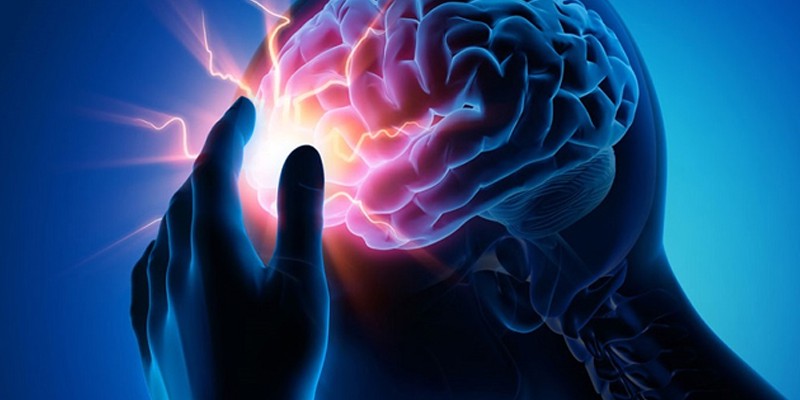
 Oct 17, 2020
Oct 17, 2020 Admin
Admin




